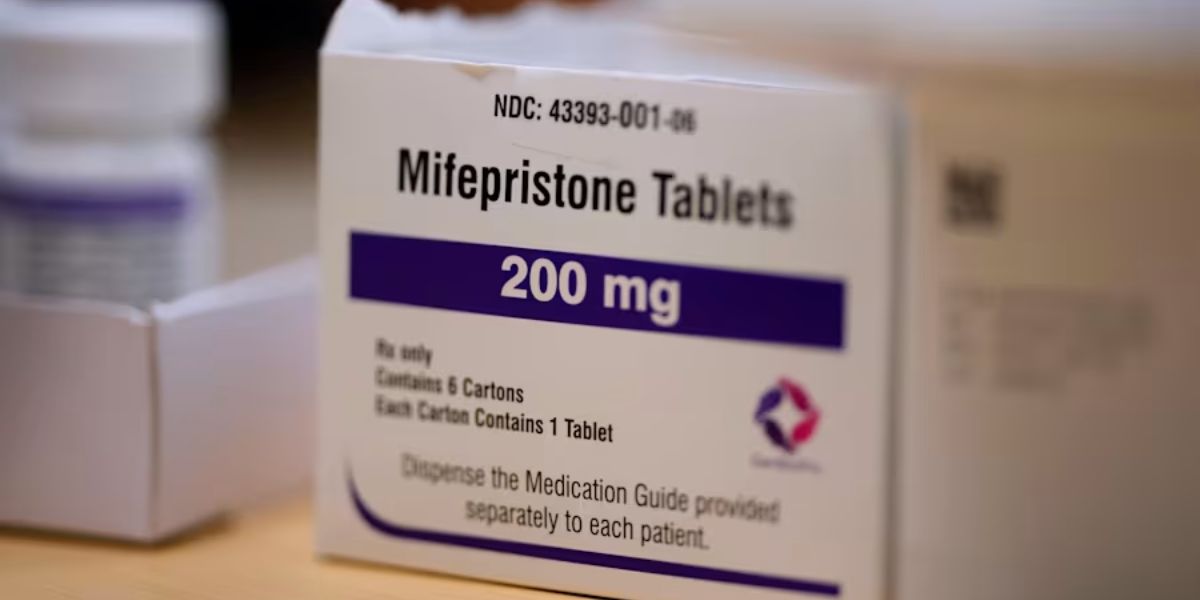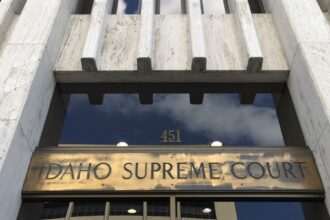Louisiana senators approved a bill on Tuesday that targets out-of-state doctors and campaigners who prescribe, sell, or supply pregnancy-ending medications to citizens of the consistently conservative state, where abortions are illegal with few exceptions.
Louisiana law already enables women to sue doctors who perform abortions on them in the state. The bill broadens who can be sued. It covers those from outside the state who may be responsible for an unlawful abortion, such as sending, prescribing, or “coordinating the sale of” pregnancy-ending drugs to someone in Louisiana.
The bill, which further restricts access to abortion drugs, now travels to the desk of conservative Republican Gov. Jeff Landry.
The bill was drafted in reaction to a criminal prosecution against a New York doctor who allegedly prescribed and supplied abortion drugs to a pregnant Louisiana minor, Attorney General Liz Murrill stated last month. Murrill said the proposal is “another tool in the toolbox” for discouraging and holding accountable out-of-state doctors who are “intent on violating our laws.”
The lawsuit is at the crux of a fight between liberal and conservative states over abortion medicines and cross-state prescriptions. Idaho, Oklahoma, and Texas have already implemented similar provisions.
State Sen. Rick Edmonds, who introduced the bill, told lawmakers that it is “a statement” that “these pills are not welcome” in Louisiana.
The Act allows the mother of the unborn to sue “any person or entity” who knowingly “performs, causes, or substantially facilitates an abortion.”The measure defines “substantially facilitates” as “administering, prescribing, dispensing, distributing, selling, or coordinating the sale of an abortion-inducing drug to an individual in this state.” The law explicitly states that it does not apply if such pharmaceuticals are obtained for legal purposes.
Abortions are lawful in Louisiana only when the mother faces a significant danger of death or incapacity if the pregnancy continues, or when the fetus has a fatal defect.
Women would be able to sue up to ten years following an abortion.
Exemptions apply to Louisiana-licensed healthcare providers and pharmacists who follow state pharmacy board guidelines.
Opponents believe that the bill is unnecessary because Louisiana has some of the harshest abortion restrictions in the United States. They further contend that the measure impedes women’s health care and that increased legal implications may push doctors out of the state.
Democratic state Sen. Royce Duplessis branded the bill, which was drastically scaled down from its original version, as the latest attempt by conservatives to “exercise control over women’s decision-making as it relates to their healthcare.”
Louisiana already has penalties in place for unlawful abortion. Physicians convicted of the offense might face up to 15 years in prison. Last year, lawmakers also put two abortion medications, mifepristone and misoprostol, to the state’s list of dangerous banned substances. As a result, anyone found in possession of either medicine without a prescription faces a one- to five-year prison sentence.
However, anti-abortion advocates claim “loopholes” remain in the Louisiana law.
Murrill cited the case of Margaret Carpenter, a New York doctor accused in Louisiana with criminal abortion using abortion-inducing medications, a crime. Authorities suspect that last year, the mother of a pregnant child ordered abortion drugs online for her daughter. Carpenter allegedly mailed the pills to Louisiana, and the mother told her pregnant daughter to take them.
Despite demands from Louisiana officials, New York Governor Kathy Hochul, a Democrat, has stated that she will not extradite Carpenter.
The lawsuit looks to be the first of its sort after the Supreme Court reversed Roe v. Wade. It will most certainly put other states’ shield laws, which protect doctors from prosecution in abortion-banning states, to the test.
Carpenter is facing a $100,000 fine in Texas for allegedly breaching state law by administering abortion drugs to a lady via telemedicine. However, a county clerk declined to file the civil judgment, citing New York’s shield rule.









